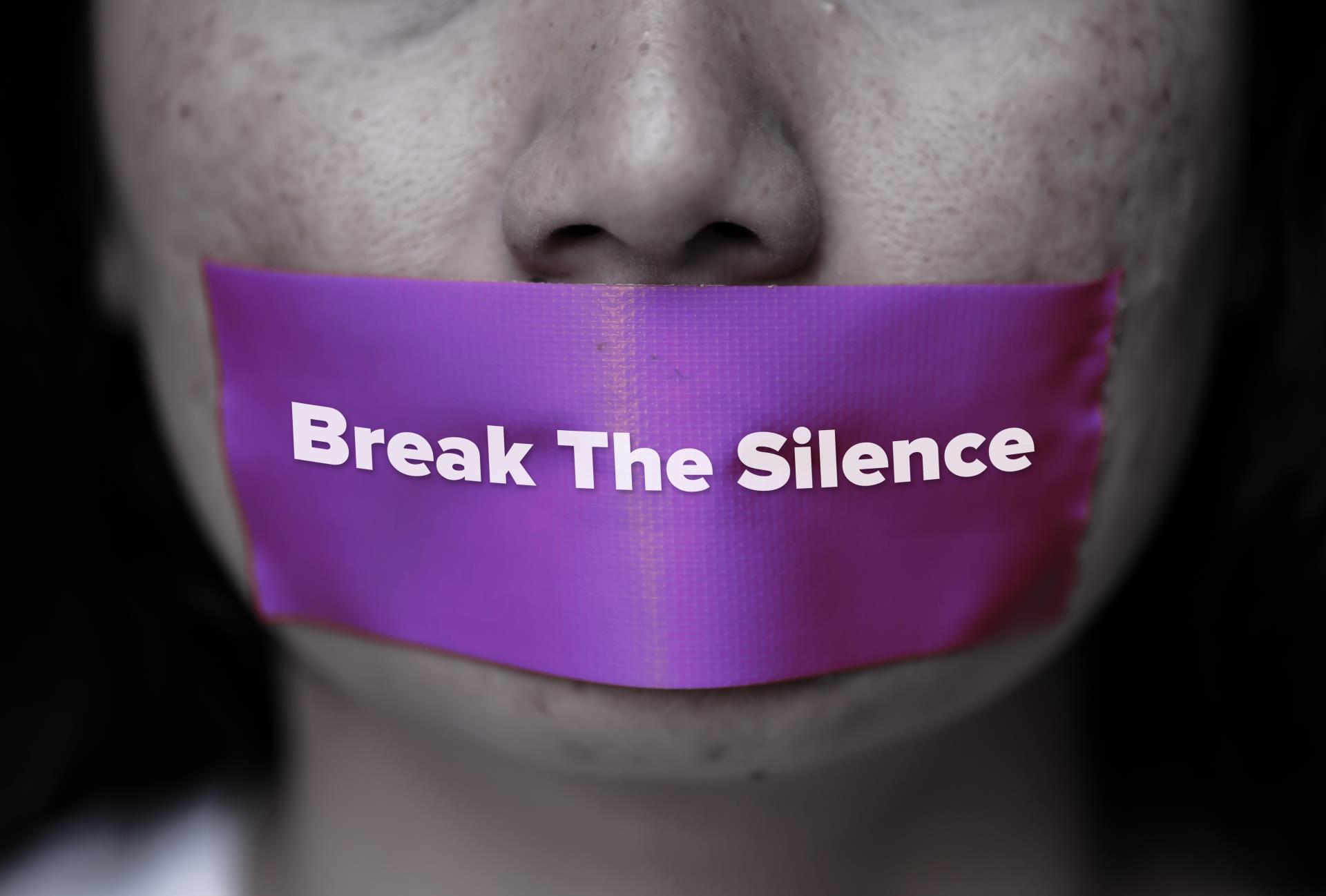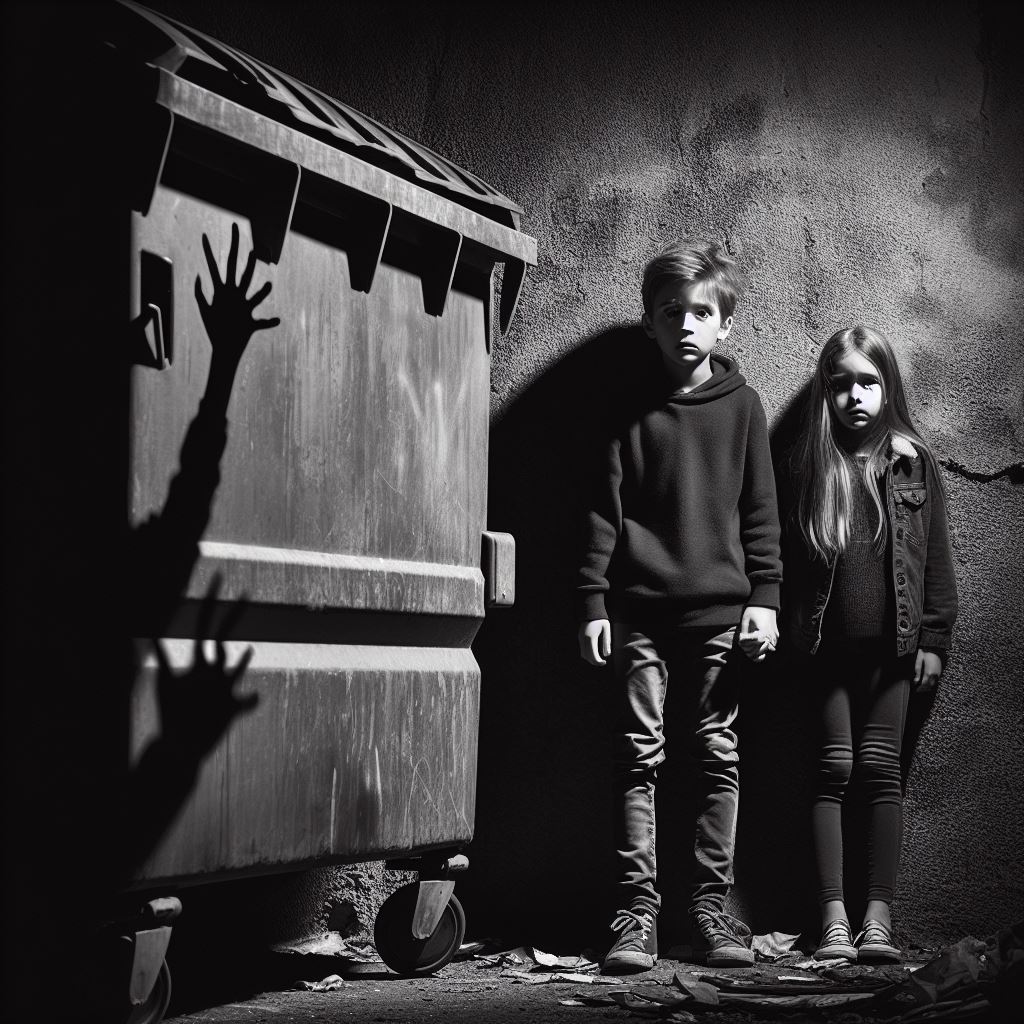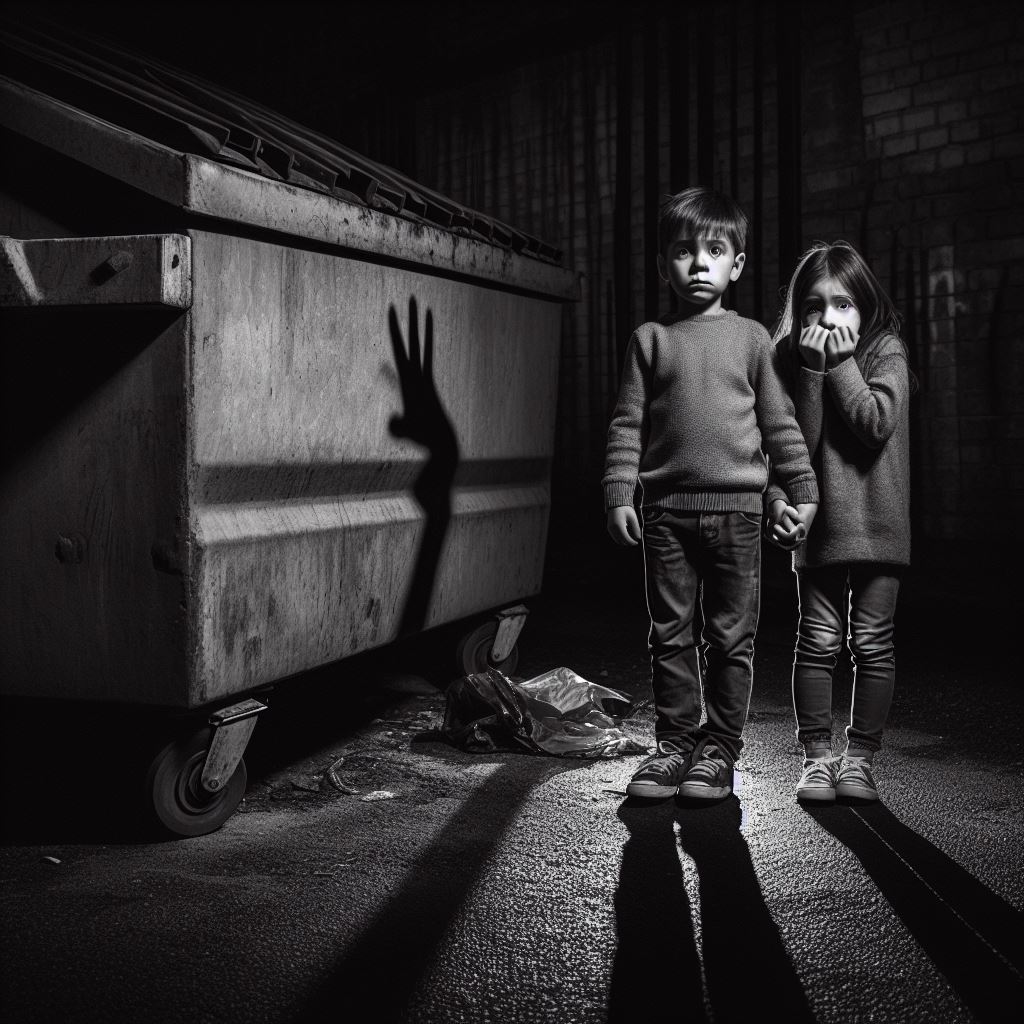Your cart is currently empty!
The Silent Pandemic: Domestic Violence in the Time of COVID-19



The COVID-19 pandemic has disrupted the lives of millions of people around the world, forcing them to stay at home, limit their social interactions, and cope with economic and health uncertainties. While these measures are necessary to contain the spread of the virus, they may also have unintended consequences for some of the most vulnerable members of society: victims of domestic violence and their children. Unfortunately, there are many myths and misunderstandings about children and domestic violence that can prevent them from getting the help and support they need. Some of these myths include:
- Children are not affected by domestic violence unless they are abused themselves. This is false. Children who witness or experience domestic violence are at serious risk for long-term physical and mental health problems, such as depression, anxiety, post-traumatic stress disorder, low self-esteem, anger, substance abuse, or suicidal behavior. They may also have difficulties in school, social relationships, and future intimate relationships.
- Children who witness domestic violence are resilient and will grow out of it. This is false. Children who witness domestic violence may develop coping skills to survive in a violent environment, but these skills may not be helpful or healthy in other situations. Children who witness domestic violence may also internalize negative beliefs about themselves, others, and relationships that can affect their development and well-being.
- Children who witness domestic violence will become abusers or victims themselves when they grow up. This is false. Children who witness domestic violence are more likely to repeat the cycle of violence in their own lives as adults, but this is not inevitable. Many factors can influence whether a child will become an abuser or a victim, such as their personality, temperament, social support, intervention, and treatment.
- Children who witness domestic violence don’t need professional help. This is false. Children who witness domestic violence should be evaluated by a trained mental health professional who can assess and treat their emotional and behavioral problems caused by domestic violence. Treatment can include individual, group or family therapy.
Domestic violence (DV), also known as intimate partner violence, is a pattern of abusive behavior by one partner against another in a relationship. It can take many forms, such as physical, sexual, emotional, psychological, or financial abuse. DV affects approximately one-third of women and men over their lifetimes in the United States, and can have serious and lasting impacts on their health, well-being, and safety.
The COVID-19 pandemic may exacerbate the risk and severity of DV for several reasons. First, the stay-at-home orders and social distancing guidelines may increase the exposure of victims and their children to their abusers, reduce their opportunities to seek help or escape, and isolate them from their support networks. Second, the pandemic may create or worsen stressors such as unemployment, financial hardship, health anxiety, substance use, or mental health problems, which may trigger or escalate abusive behavior. Third, the pandemic may limit the availability and accessibility of DV services and resources, such as shelters, hotlines, counseling, legal aid, or health care.
The COVID-19 pandemic also poses significant challenges for addressing the impact of DV on children. Therefore, it is crucial to protect children from DV exposure and provide them with appropriate support and intervention. Some of the ways to help a child who has experienced DV include:
- Reducing stress and building coping skills. Encourage children to participate in pro-social activities, such as playing sports, creating art, writing, exercising, taking deep breaths or spending time with a pet.
- Checking in regularly. Provide children with social support and help them feel recognized and valued. Listen to their feelings and concerns without judgment or pressure.
- Being honest but age-appropriate. Answer children’s questions about DV truthfully but simply. Avoid blaming or criticizing either parent. Reassure children that they are not responsible for the abuse or for stopping it.
- Creating a safe environment. Establish and maintain structure and routine for children. Be consistent with rules and expectations. Help children identify safe people and places they can visit if they feel scared or threatened.
- Seeking professional help. Consult a trained mental health professional who can assess and treat children’s emotional and behavioral problems caused by DV. Treatment can include individual, group, or family therapy.
DV is a serious public health and human rights issue affecting millions of people worldwide. The COVID-19 pandemic may worsen this problem by creating conditions that facilitate abuse and hinder help-seeking. However, by recognizing the potential impact of the pandemic on DV and its victims, especially children, we can make a difference in saving lives and reducing suffering.